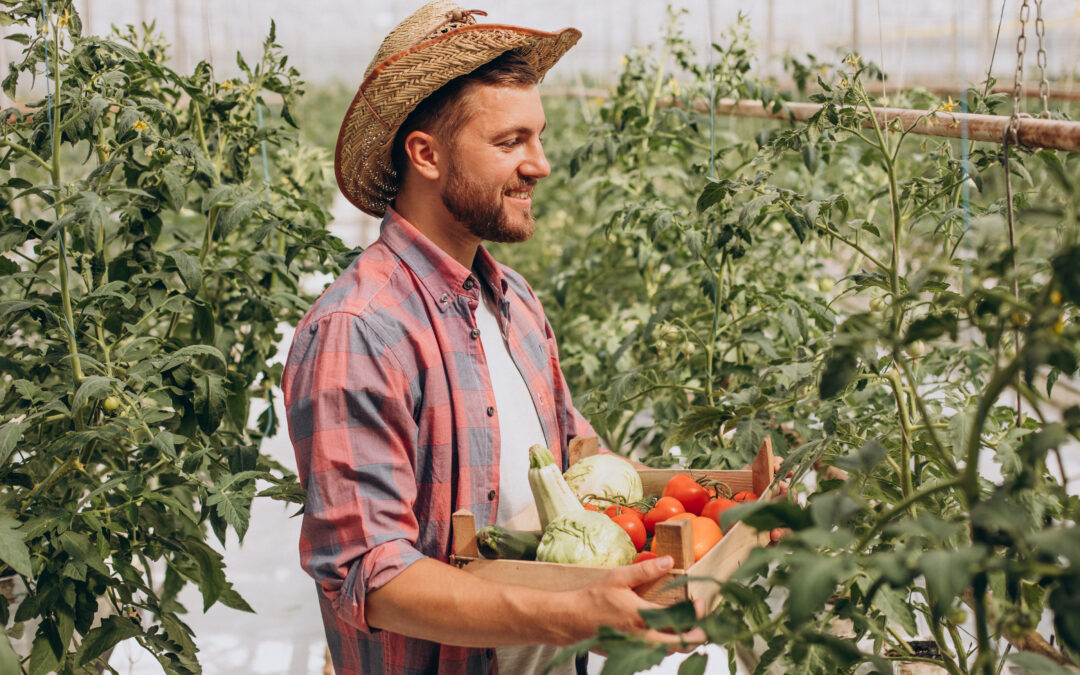Are You Looking for the Best Organic Farming Crops to Cultivate then Join us on our journey to live with organic food that supports you being well.
At Aruna Organic Farming, we’re passionate about to give Best Organic Farming Crops growing healthy, sustainable, and chemical-free produce that nurtures the planet and the people who live on it. This blog is a space for us to share insights, tips, and knowledge about organic farming, sustainable practices, and the benefits of choosing organic products for your health and the environment.
What is Organic Farming?
Organic farming is a method of farming that relies on natural processes and materials to grow crops instead of synthetic chemicals, pesticides, or genetically modified organisms. The principles of organic farming focus on sustainability, biodiversity, and the health of the soil, ensuring that farming practices do not harm the environment or the communities involved.
These are the top 10 organic farming crops to cultivate, based on market demand, profitability, and sustainability to make Best Organic Farming.
1. Tomatoes
2. Leafy Greens (Lettuce, Spinach, Kale)
3. Herbs (Basil, Mint, Parsley)
4. Carrots
5. Strawberries
6. Beans (Green Beans, Lima Beans, Peas)
7. Cucumbers
8. Potatoes
9. Apples
10. Mangoes
1. Tomatoes
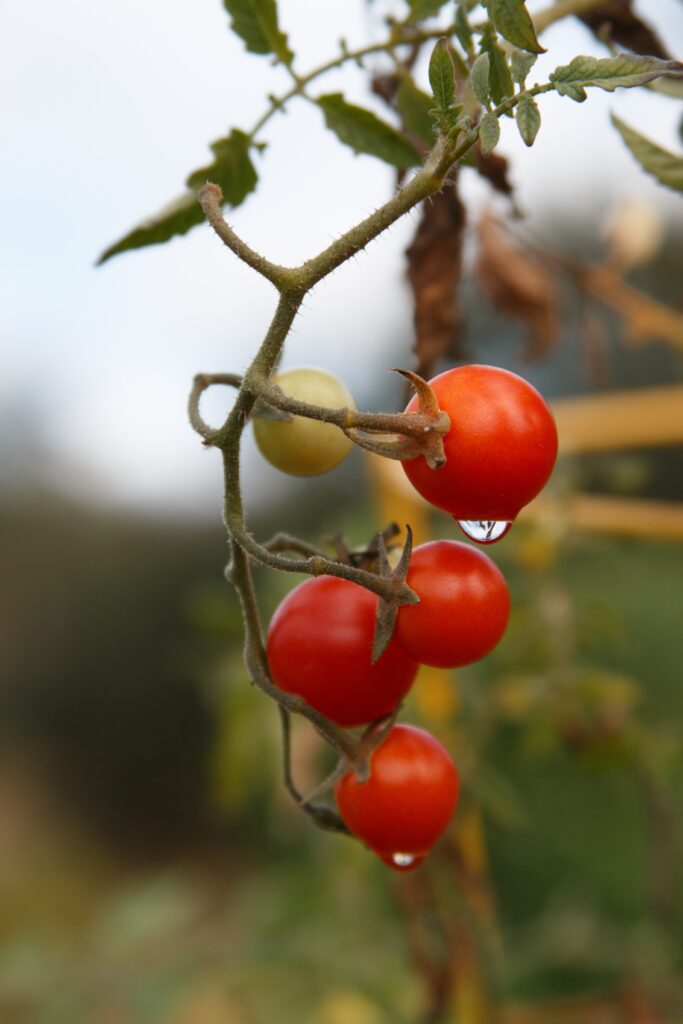
Tomatoes remain one of the most popular and versatile crops, with high consumer demand for both fresh and processed products like sauces and salsas. Organic tomatoes, especially heirloom varieties, have gained popularity due to their rich flavor and health benefits. With proper care, they are a relatively easy crop to grow and can thrive in various climates these makes us to do Best Organic Farming.
2. Leafy Greens (Lettuce, Spinach, Kale)
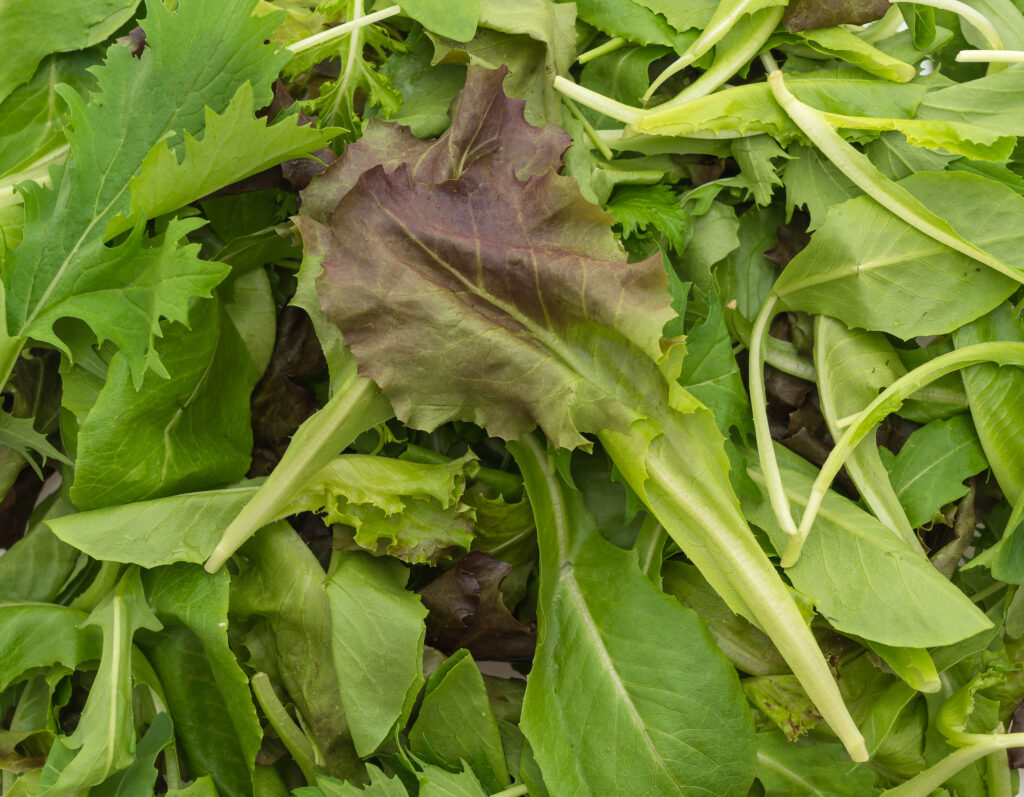
Leafy greens are a staple in the organic farming market due to their high nutritional value and constant consumer demand. They grow quickly, have short growing cycles, and are perfect for local markets or CSA (Community Supported Agriculture) programs. Varieties like arugula, kale, and spinach are also popular for health-conscious consumers.
3. Herbs (Basil, Mint, Parsley)
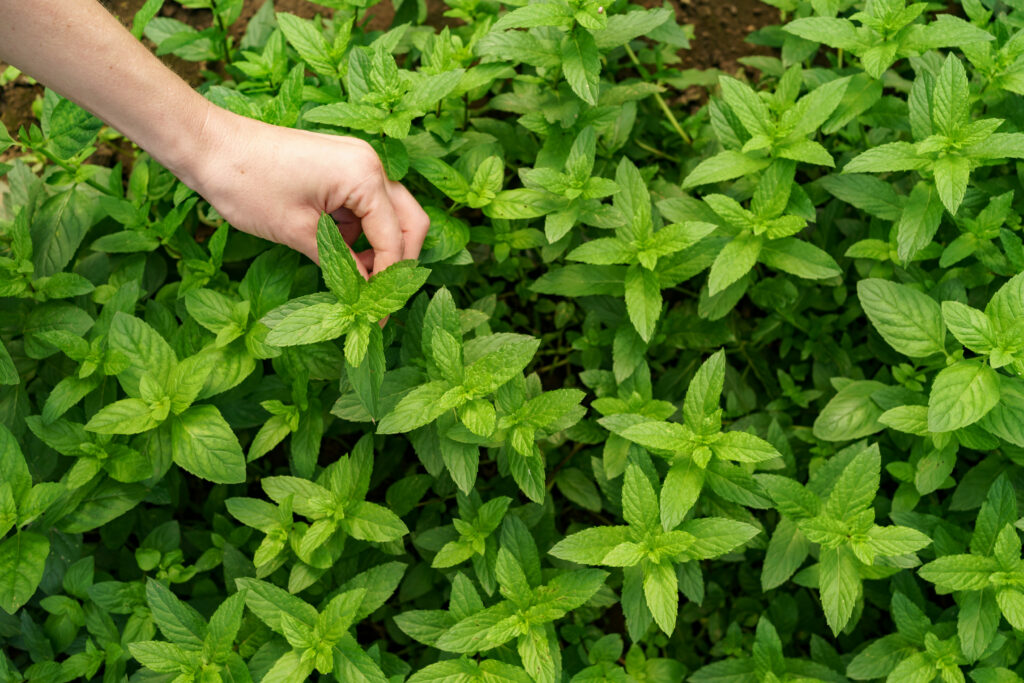
Herbs are easy to grow organically, require minimal space, and can be sold fresh or dried. With an increasing demand for fresh herbs in kitchens and for use in natural remedies, they’re an ideal crop for organic farming. Herbs like basil, mint, cilantro, and parsley are highly profitable and can be cultivated year-round, especially in greenhouse settings.
4. Carrots
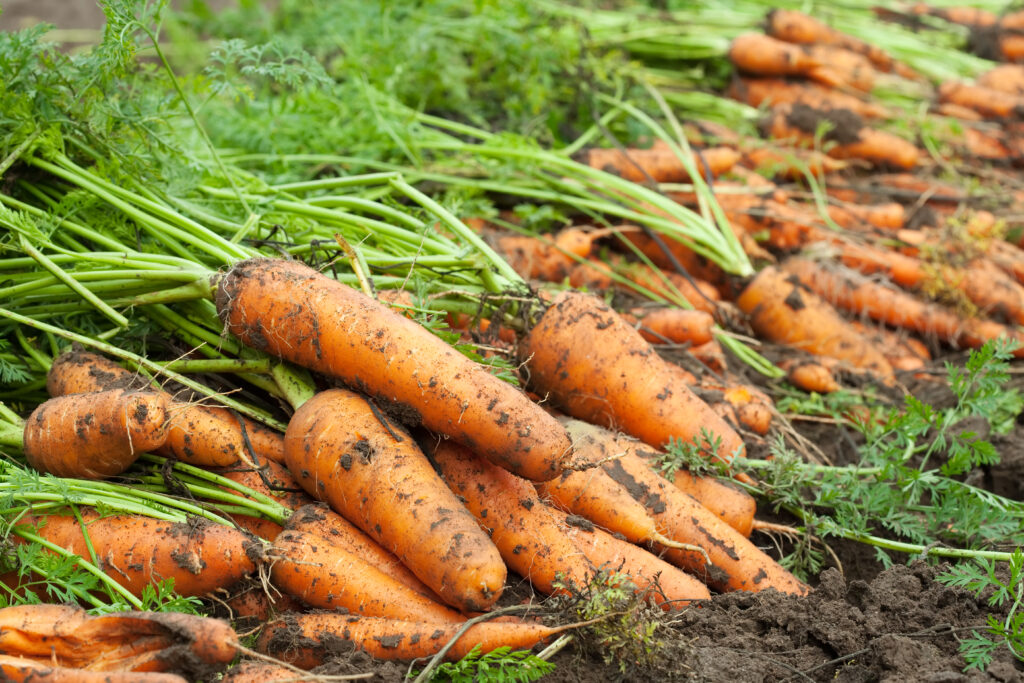
Carrots are a versatile and popular root vegetable with a steady market demand. They can be grown in a variety of climates and soil types, making them an excellent choice for organic farming. Carrots can be sold fresh, juiced, or used in processed products, and their bright color and high nutritional content attract health-conscious consumers.
5. Strawberries
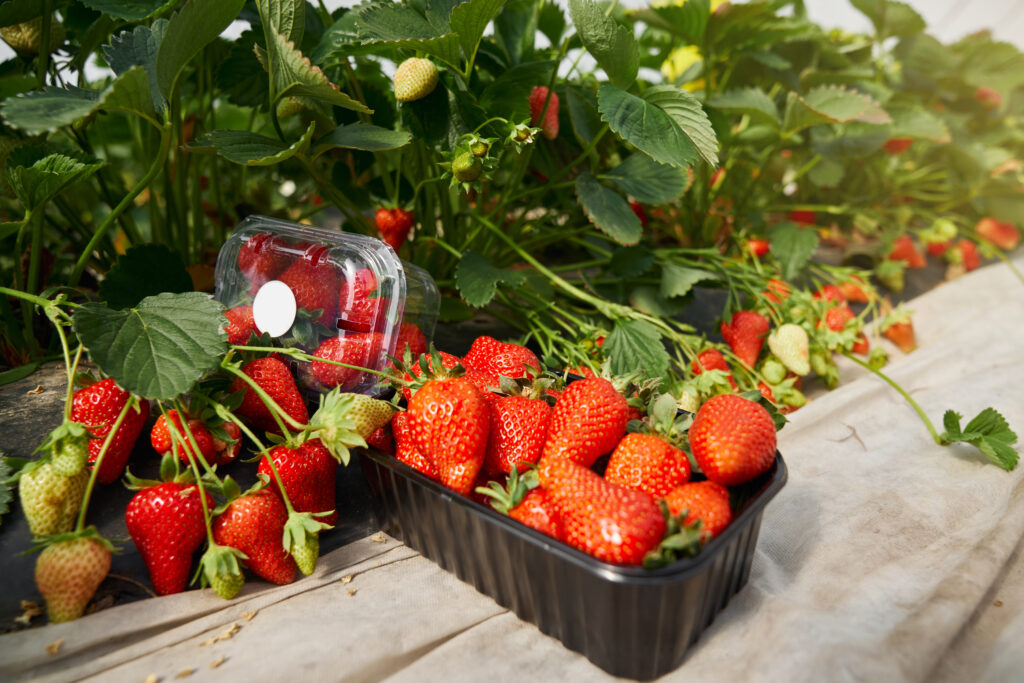
Organic strawberries are highly sought after due to their sweet flavor and health benefits. They can be grown in greenhouses or raised beds, and when properly cared for, they produce fruit consistently throughout the growing season. With the rise of organic berry demand, strawberries remain one of the most lucrative crops to grow.
6. Beans (Green Beans, Lima Beans, Peas)
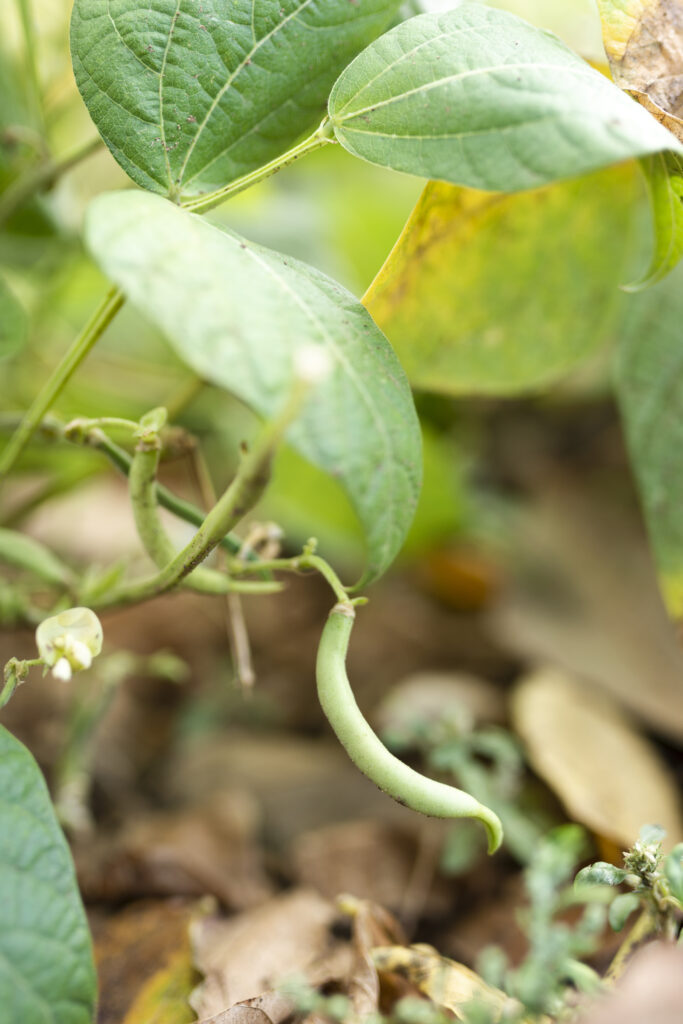
Beans are another excellent crop for organic farming, offering both environmental benefits and profitability. Beans enrich the soil with nitrogen, making them a valuable part of crop rotation. They’re also highly nutritious and in demand in both fresh and dried forms, making them a great choice for long-term sustainability in organic farming.
7. Cucumbers
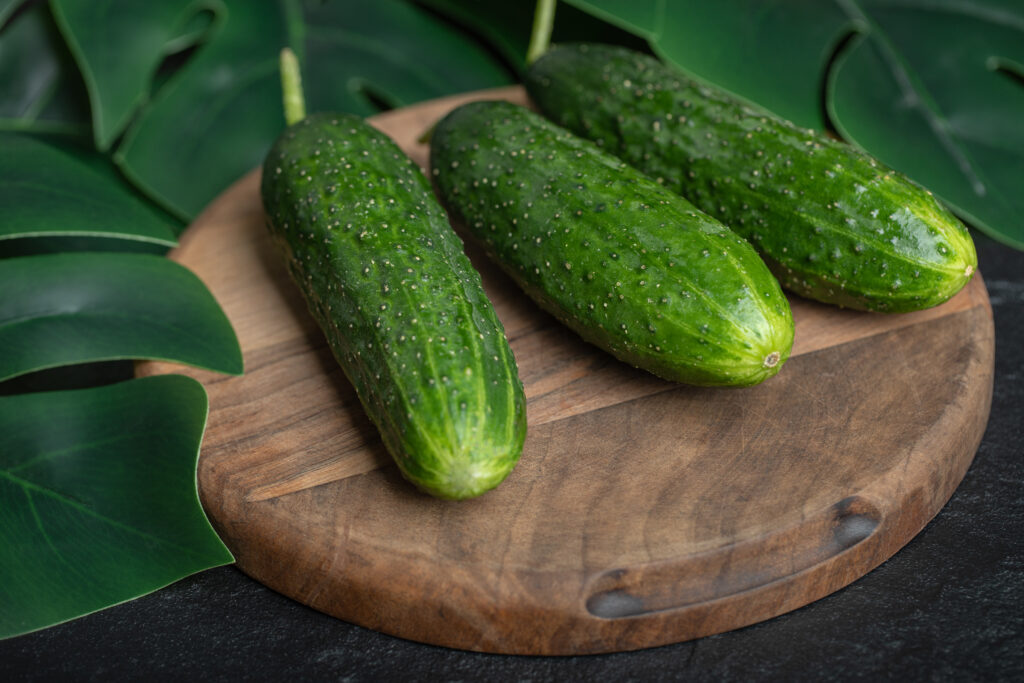
Cucumbers thrive in warm weather and grow quickly, making them a popular choice for organic farms. The demand for fresh cucumbers, both for salads and pickling, continues to rise, and they are relatively easy to grow with the right care. They are also known for being highly water-efficient, which is beneficial in areas facing drought or water scarcity.
8. Potatoes
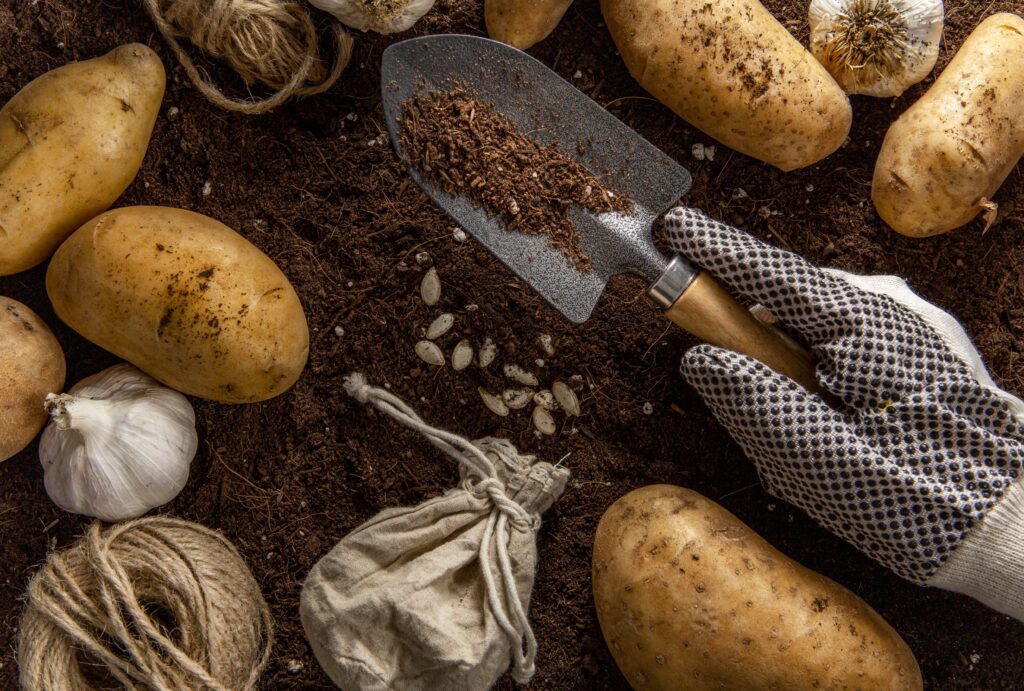
Organic potatoes are consistently in demand due to their versatility in cooking and baking. Potatoes are a staple food crop and can be grown in various climates, making them a reliable option for organic farming. There is a growing preference for heirloom and specialty potato varieties, which can fetch higher market prices.
9. Apples
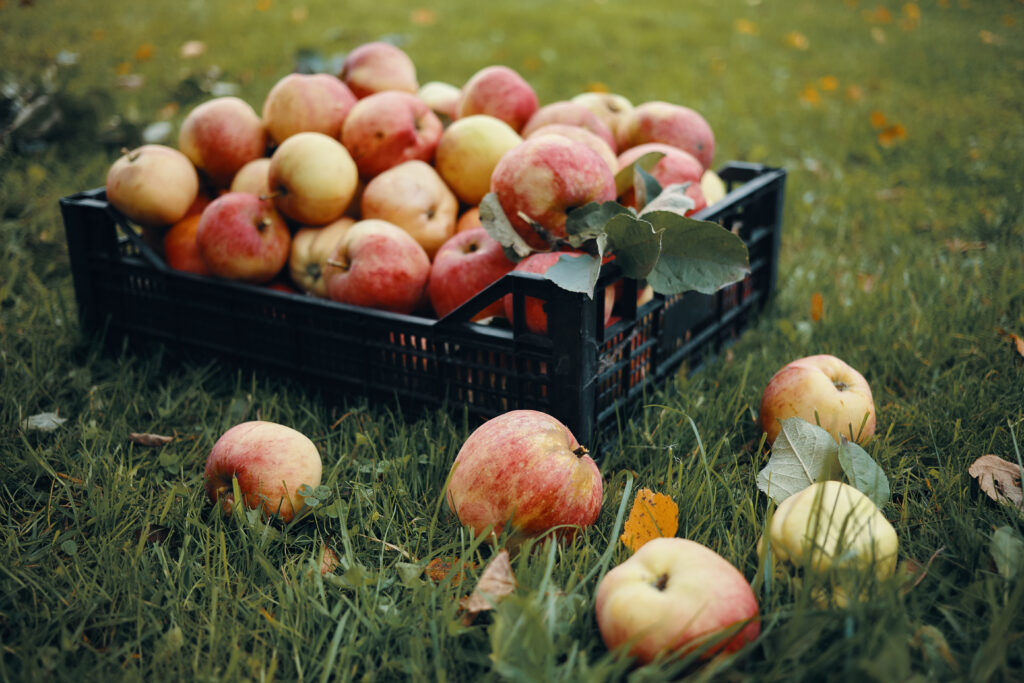
Organic apples have seen a surge in demand as consumers seek out healthier, chemical-free fruit. Apples are a high-value crop that can be sold fresh, juiced, or used for making cider. They require careful attention, especially when it comes to pest control, but their profitability makes them an excellent option for organic farming.
10. Mangoes
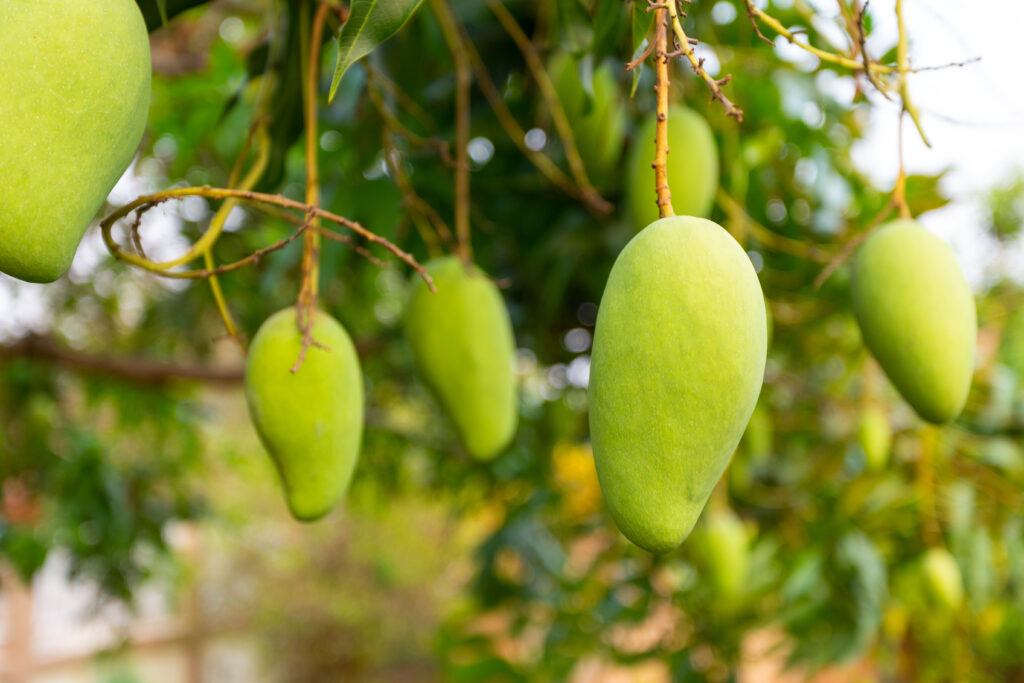
Mangoes are packed with vitamins A and C, fiber, and antioxidants, making them a highly sought-after fruit for health-conscious consumers. Organic mangoes retain their full nutritional value, offering a premium product for those looking to avoid synthetic chemicals.
Conclusion
organic farming presents a sustainable and profitable opportunity for farmers, and mangoes stand out as one of the top crops to cultivate in 2025. With rising consumer demand for healthy, pesticide-free produce, organic mangoes offer a premium product that not only supports environmental sustainability but also meets the growing global desire for nutritious, flavorful food. By choosing to grow mangoes organically, farmers can tap into both local and international markets, benefit from long-term yields, and contribute to healthier soils and ecosystems. As organic farming continues to gain momentum, cultivating mangoes organically can be a rewarding venture that aligns with both economic and environmental goals to make Best Organic Farming.
Thank you for your support and happy farming!

